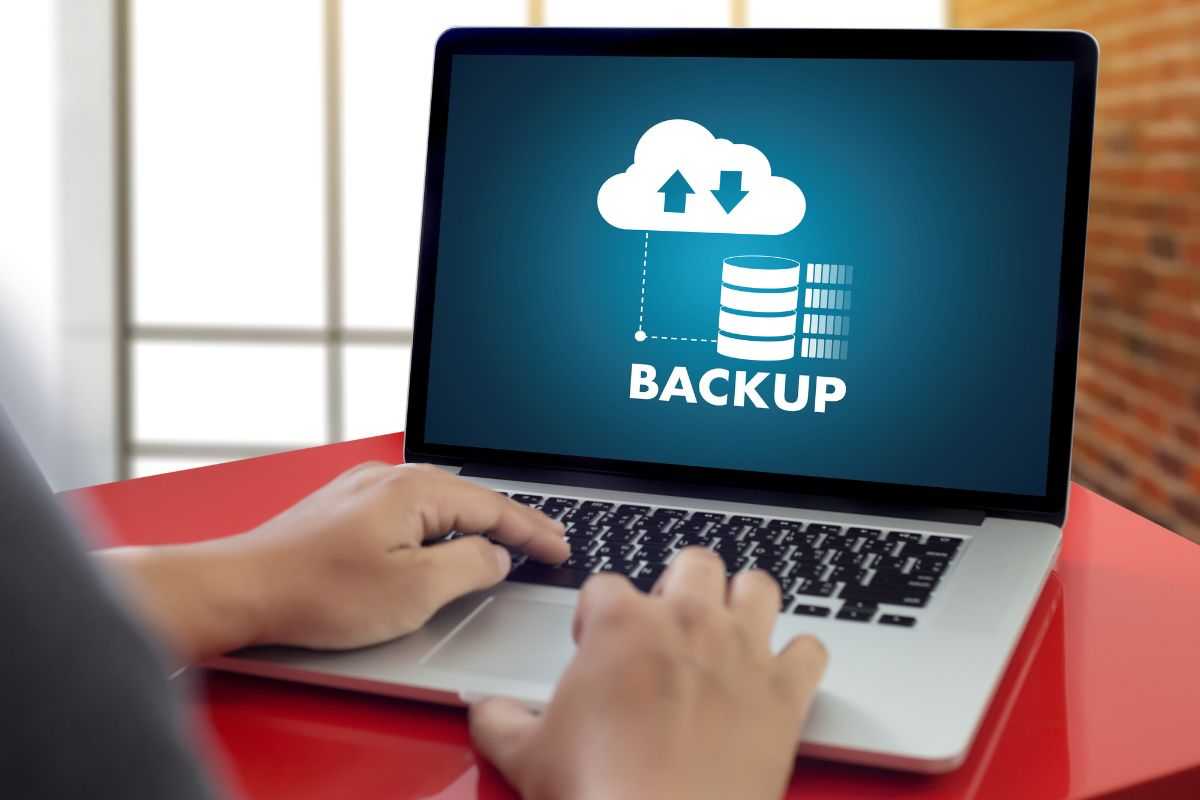Most users of locally installed software have experienced the heartbreak and utter frustration of inexplicably losing a file. The mindful ones who have a habit to press Ctrl + S every couple of minutes know the relief of retrieving a recovered file that’s a fairly recent version. The rest — the ones whose last save point would be hours past — would have no choice but to hunker down and resume work from that point.
Today, the cloud makes this problem practically nonexistent. However, this small-scale example allows us to imagine how massive data loss can devastate small businesses like yours. Ransomware could lock entire departments away from their files and cost you thousands of dollars in lost man-hours. Viruses could corrupt databases and make these unusable. An angry employee could delete entire drives in an act of revenge against the company.
Thankfully, there’s a way to mitigate data loss: backups. Backups, along with disaster recovery processes, allow you to resume operations minutes after you’ve lost files and folders, thereby preventing your business from incurring heavy costs. Still, to prevent potential costs, you’ll have to pay for things like extra backup systems, cloud storage allocation, and physical data storage media.
It wouldn’t make sense to implement an IT solution that would cost the same amount of money that you’re trying not to lose in the first place. You have to be strategic with your data backups, which means you need to first determine which data you ought to back up.
To get started, use our list below:
Proprietary data
Secret chemical formulas, engineering diagrams, lab results, commercial kitchen recipes, and other information that’s exclusive to your company must not only be well protected, but also backed up. Losing such data could mean countless hours and resources spent on R&D wasted, or entire work processes halted, so having backup copies safeguards your business.
Administration files
Among the five Ms of management — namely manpower, money, machines, materials, and method — method is arguably the most important of them all. Manifesting business strategies entails putting on paper how you plan on managing processes, workflows, and systems. Without a firm grip on method, chaos and inefficiencies may arise, and improving processes could become downright impossible.
In addition to such management files, you’ll also have administrative files that establish your organization as a legal business, such as licenses, contracts, lease agreements, among others. More and more of these critical documents have digital copies that must be backed up.
Personnel records
Your HR department must keep files on staff, such as payroll records, insurance co-payments, tax payments, and pension contributions. HR has to keep these files up-to-date and readily accessible in case an employee retires or moves to another company, so you must always have the latest records backed up.
Financial records
For accounting and tax purposes, you need to keep updated records of your finances, which include receipts, revenue statements, and inventory logs, among others. Keeping backups is therefore necessary to comply with finance laws.
Other data that organizations must back up as required by law
The law also requires other types of data to be backed up, such as health information. For one, patient data may mean life or death, so a lack of backups may make healthcare providers criminally liable if they lose patient data and put patients at risk of harm. Two, patients have the right to receive medical information about themselves so that they can make informed decisions regarding their health. To ensure accessibility to patient data, backups are necessary.
Let our IT specialists at Complete Technology Services take care of your data backup needs. Send us a message or call 816-398-7322 today.







